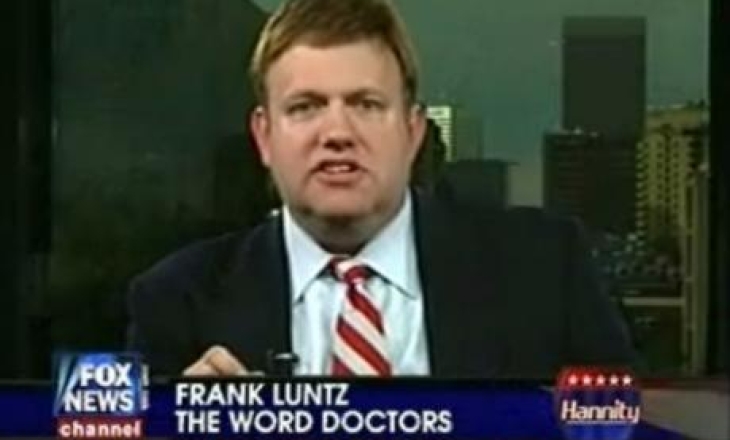PolitiFact editors and reporters have chosen "government takeover of health care" as the 2010 Lie of the Year. Uttered by dozens of politicians and pundits in the US, it played an important role in shaping public opinion about the health care plan and was a significant factor in the Democrats' shellacking in the November elections.
Readers of PolitiFact, the St Petersburg Times' independent factchecking website, also chose it as the year's most significant falsehood by an overwhelming margin. (Their second-place choice was Rep. Michele Bachmann's claim that Obama was going to spend $200 million a day on a trip to India, a falsity that still sprouts.)
By selecting "government takeover' as Lie of the Year, PolitiFact said it was not making a judgment on whether the health care law is good policy. The phrase is simply not true, the website said in its announcement.
Jonathan Oberlander, a professor of health policy at the University of North Carolina-Chapel Hill said, "The label 'government takeover" has no basis in reality, but instead reflects a political dynamic where conservatives label any increase in government authority in health care as a 'takeover.' "
The pointers that PolitiFact used to describe it as an inaccurate claim were:
- Employers will continue to provide health insurance to the majority of Americans through private insurance companies.
- Contrary to the claim, more people will get private health coverage. The law sets up "exchanges" where private insurers will compete to provide coverage to people who don't have it.
- The government will not seize control of hospitals or nationalise doctors.
- The law does not include the public option, a government-run insurance plan that would have competed with private insurers.
- The law gives tax credits to people who have difficulty affording insurance, so they can buy their coverage from private providers on the exchange. But here too, the approach relies on a free market with regulations, not socialized medicine.
PolitiFact reporters studied the 906-page bill and interviewed independent health care experts. They concluded that it was inaccurate to call the plan a government takeover because it relied largely on the existing system of health coverage provided by employers.
FactCheck.org, an independent fact-checking group run by the University of Pennsylvania, also debunked the assertion several times, calling it one of the "whoppers" about health care and saying the reform plan is neither "government-run" nor a "government takeover."
How the line was used
PolitiFact sought to count how often the phrase was used in 2010 but found an accurate tally was unfeasible because it had been repeated so frequently in so many places. It was used hundreds of times during the debate over the bill and then revived during the fall campaign. A few numbers:
- The phrase appears more than 90 times on House Speaker John Boehner's website, GOPLeader.gov.
- It was mentioned eight times in the 48-page Republican campaign platform "A Pledge to America" as part of their plan to "repeal and replace the government takeover of health care."
- The Republican National Committee's website mentions a government takeover of health care more than 200 times.
Conservative groups and tea party organisations joined the chorus. It was used by FreedomWorks, the Heritage Foundation and the Cato Institute. The phrase proliferated in the media even after Democrats dropped the public option. In 2010 alone, "government takeover” was mentioned 28 times in the Washington Post, 77 times in Politico and 79 times on CNN. A review of TV transcripts showed "government takeover" was primarily used as a catchy sound bite, not for discussions of policy details.
In most transcripts PolitiFact examined, Republican leaders used the phrase without being challenged by interviewers. For example, during Boehner's January 31 appearance on Meet the Press, Boehner said it five times. But not once was he challenged about it. In rare cases when the point was questioned, the GOP leader would recite various regulations found in the bill and insist that they constituted a takeover. But such followups were rare.










